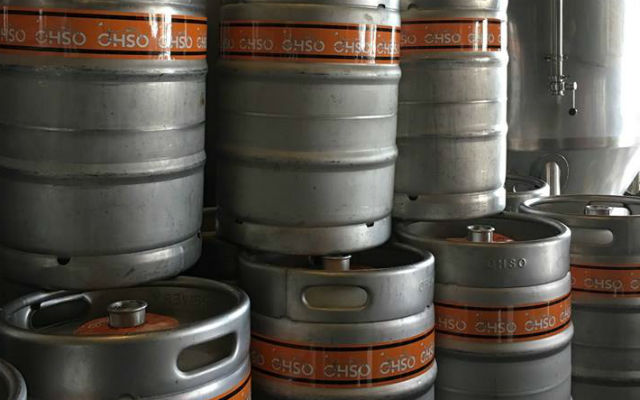
It’s said that all water on the earth is recycled water. Other breweries have found ways to harness treated wastewater and the state of Arizona is showcasing that with the “AZ Pure Water Brew Truck.”
It’s a part of the state’s “Water Innovation Challenge,” which is to increase public awareness about water quality and the potential for potable reuse in augmenting local water supplies.
By partnering with local brewers across the state, this challenge hopes to create a discussion on water reuse and help change the public’s perception on the concept.
Many Arizona breweries have gotten on board and Josh Goodstein of OHSO Brewery & Distillery is one of the many that are taking processed waste water and converting it into beer for the statewide competition.
“As an industry, water is at the core of everything we do. Whether we are physically brewing a batch of beer, cleaning, sanitizing or packaging, chances are there is a step that involves the use of water,” Goodstein explained. “However, as an industry, we tend to be the most conscious to conservation. So when we heard about the competition and the opportunity to experiment with a renewable resource and see if it still met our high standards, we definitely wanted to give it a shot.”
The beers will be created for a contest on September 9 in Tucson. Goodstein said that his team wanted something that showcases the water.
“Something clean. Something refreshing,” he said. “We don’t want our beer to be perceived like we dumped a bunch of adjuncts in to cover up a defect. This water is clean and delicious. And tests cleaner than most tap water in the state and I would venture to say, many bottled waters.”
After purification with UF/RO, the water used is exposed to high-intensity UV light and hydrogen peroxide to disinfect the water and destroy remaining organic compounds. The water that emerges is so pure that minerals must be added for stabilization and pH adjustment.
“Working with new water chemistries is always tough, however we use RO water due to the hard water in the desert,” Goodstein said. “What we learned is this water is just a pure as our RO water. I would serve this water, as is, to myself, my family and friends and not second guess it. Sure, wastewater sounds questionable, but I can assure you it’s just a description, not the product.”
Pima County, Tucson Water, and the University of Arizona will ensure the water has been tested for all regulated drinking water contaminants as well as unregulated contaminants commonly found in treated wastewater. All test results must be below EPA Health Reference levels or at non-detection levels before it will qualify as Pure Water and be available for drinking purposes.
Diversification of the water supply is of the utmost importance, now more than ever, Goodstein said.
“Especially for us desert dwellers, we realize our water supply may be reduced or cut off completely,” he said. “Expanding what is “acceptable” water for people is important in so many different other aspects beyond beer. On the coasts, they worry about desalination capabilities, we don’t even have salt water to try and treat. We need to look harder. The progress and success of this technology could be taken to every corner of the globe where resources are more limited and modernization lacks.
“Look at Flint, Michigan. Those people have been living with undrinkable municipal water for years now,” he added. “This isn’t a third-world country, this is the USA. We fancy ourselves a first-world leader, travesties like Flint make me question our elitism. Technologies like this might just save some of our citizens who need it most.”


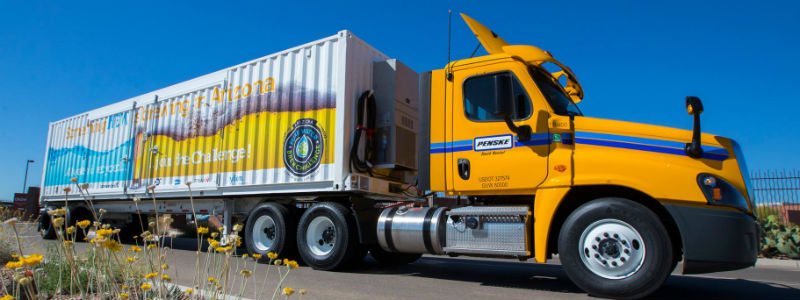

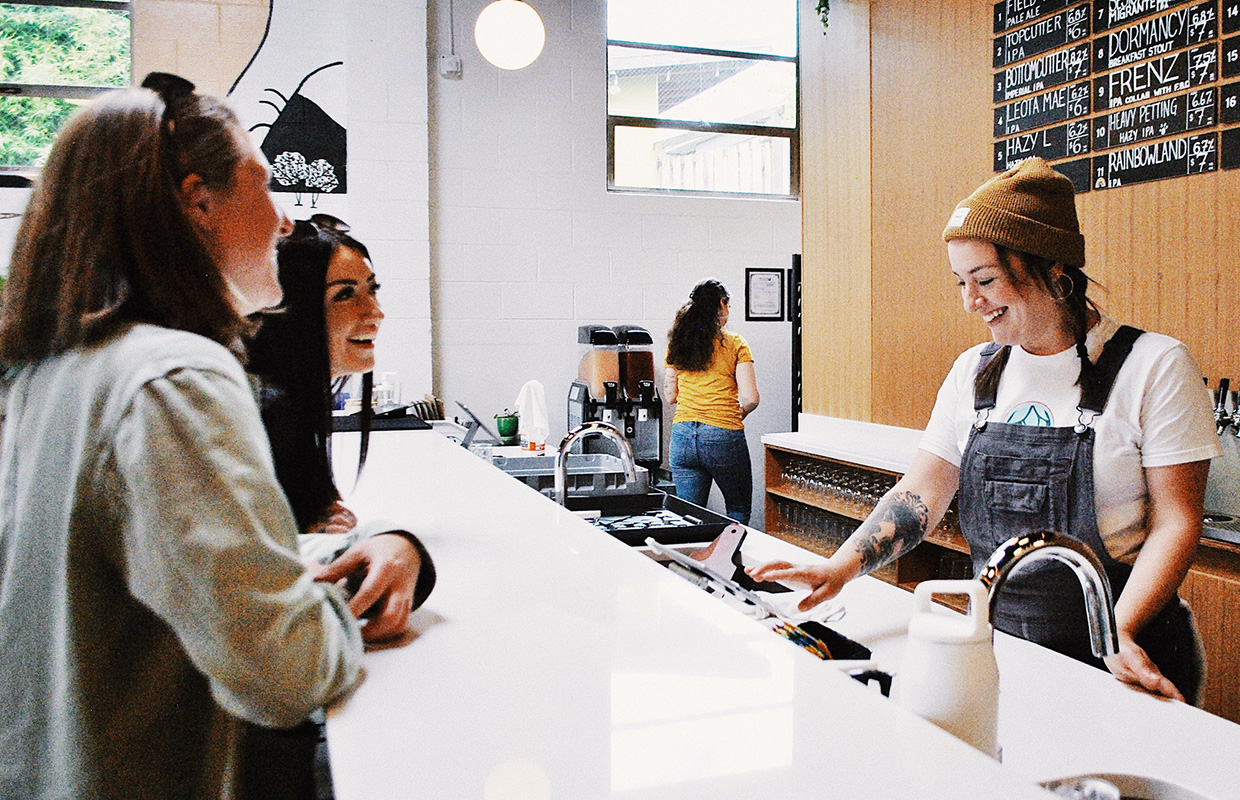
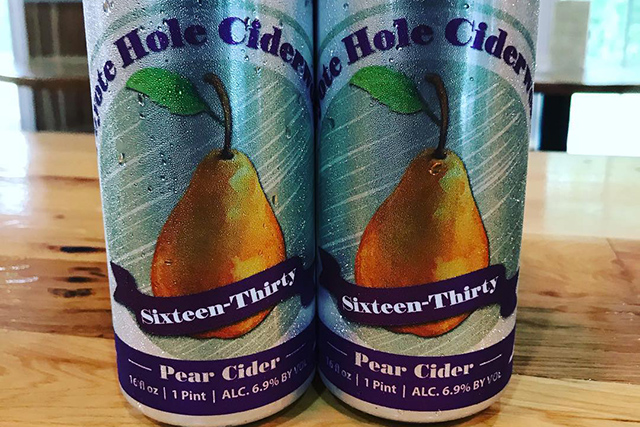
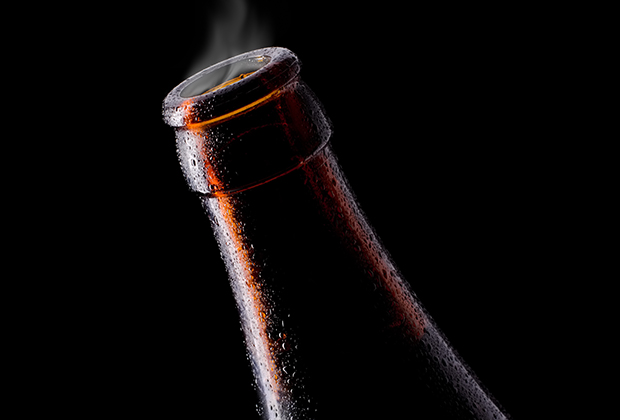
Be the first to comment